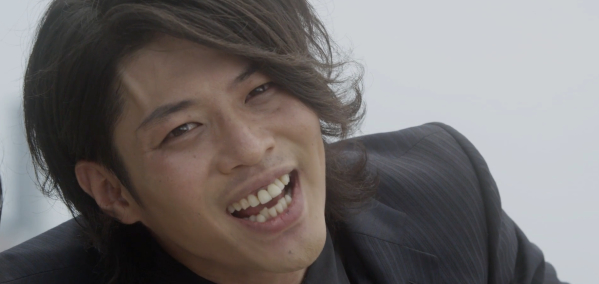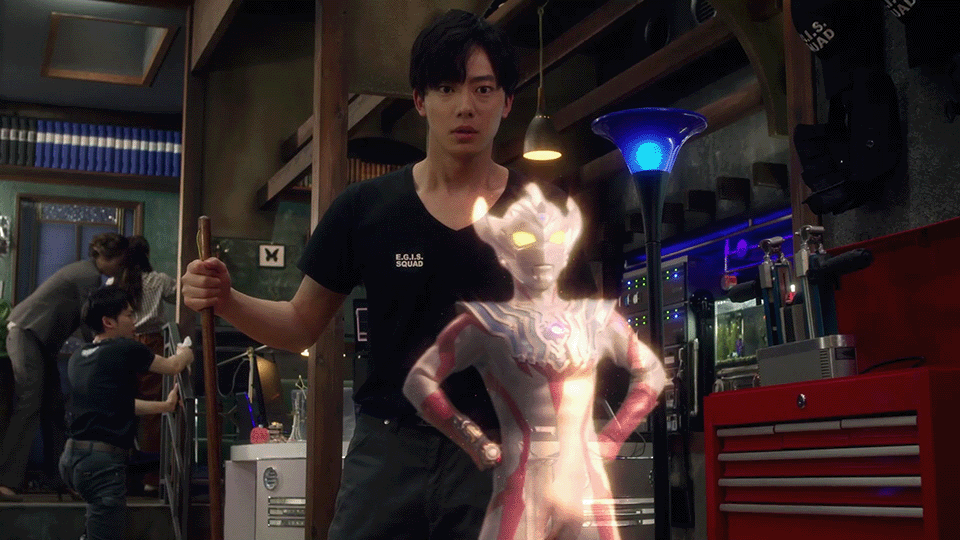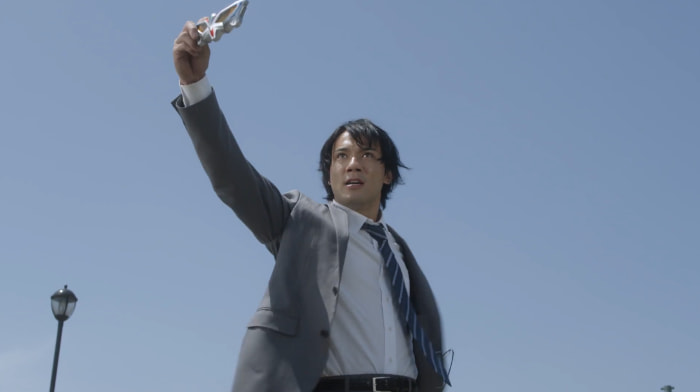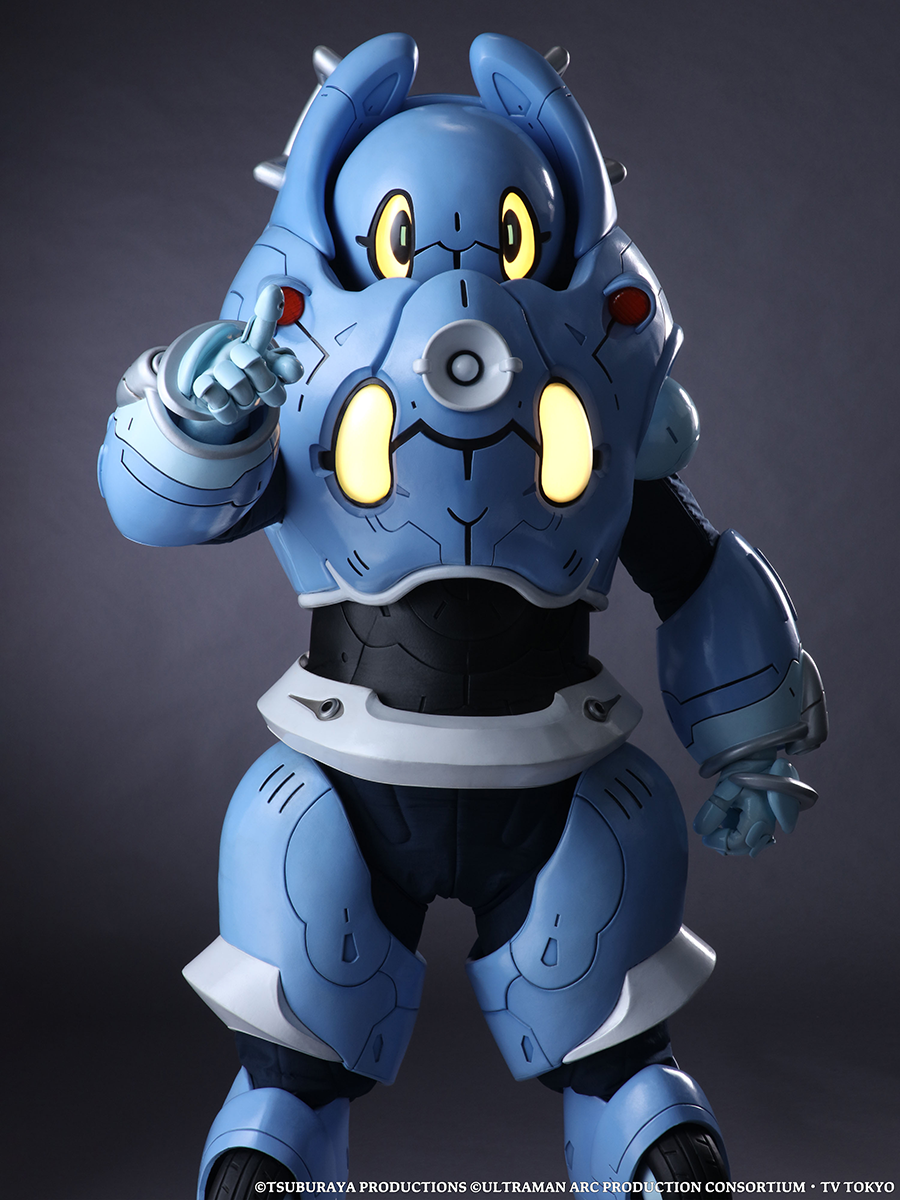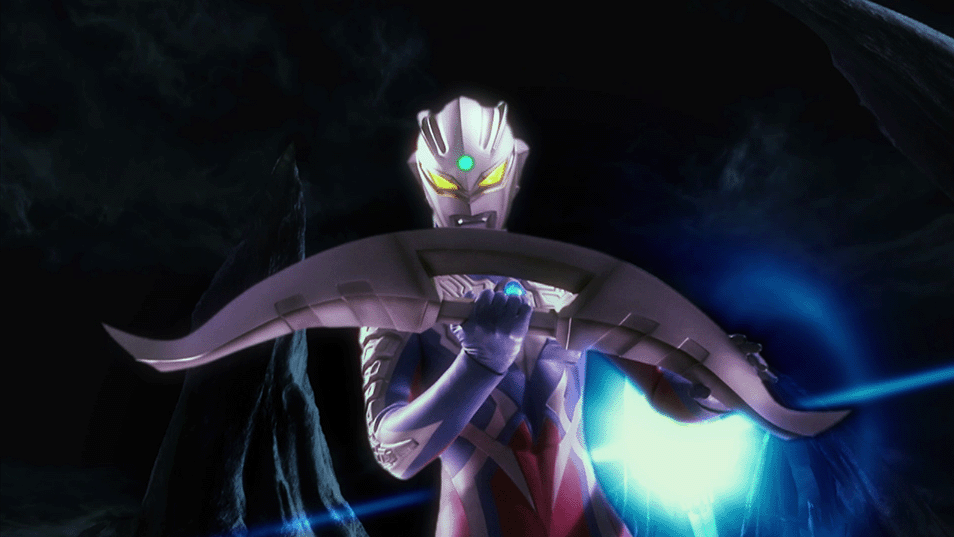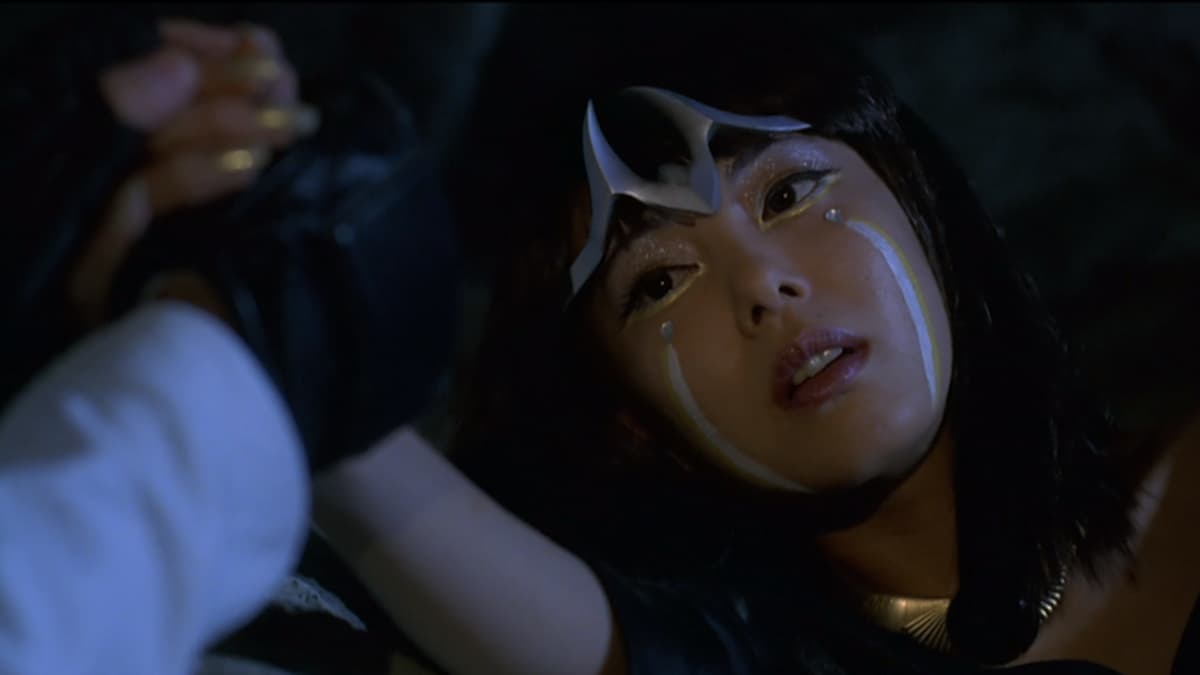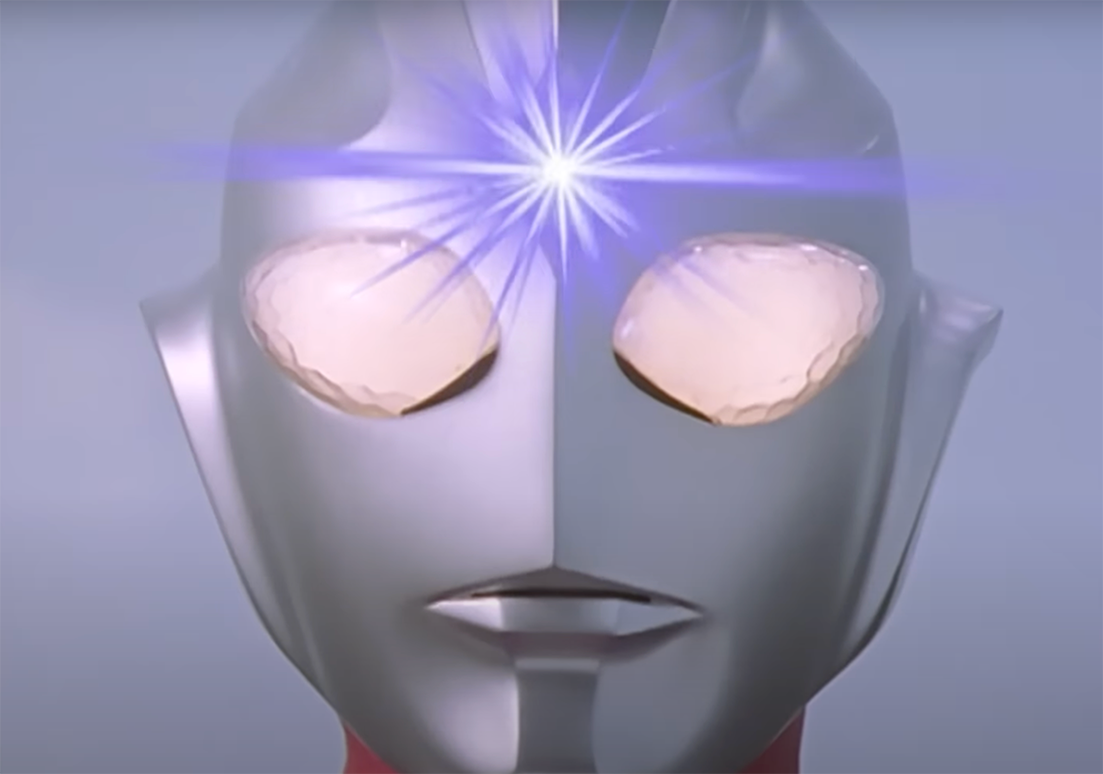Hello and welcome, Ultraman Connection readers! This week we’re continuing our look back at the different characters and stories which have shaped the Ultraman franchise over its long history. We’ve talked about the heroes of these stories, the protagonists who star in their respective series, their allies, and the Kaiju which they face throughout those shows. But not all antagonists in these shows are simply Kaiju, or evil alien invaders. Sometimes the villains in the franchise arise from conflicts which are far more personal, and more tragic because of their familiarity.
It wasn’t until relatively recently in the franchise that these particular kinds of villains were introduced. Not to say that all the Ultras were depicted as perfect before this point, though. Ultra Heroes could be (and often were) flawed individuals who could be misled or make mistakes. Then in both the Tiga series, and in the epilogue movie The Final Odyssey, we were introduced to characters with the same awesome powers as the heroes, but were twisted, or fallen somehow to become villains instead of mere antagonists.
Since then, many other “Dark” Ultras have been depicted in other shows and movies. They cover a variety of different stories with different motivations, and different personalities. They all have a few things in common with each other, however. First, they all have similar origins as the heroic Ultras from their respective shows. Sometimes they are former heroes themselves, other times they are corrupted clones or copies of the power of Ultraman, like in the case of “Evil” Tiga, or Dark Zagi from Ultraman Nexus.
Because of this, many of these Dark Ultras also have extremely personal motivations which drive them to oppose the heroic Ultras. As the saying goes, “familiarity breeds contempt”. Just so, the antagonism between these villains and their counterpart heroes often goes beyond simple rivalry, and winds up being defined by intense, bitter hatred.
It’s understandable why these high emotional stakes make for important, memorable stories within the franchise, and there’s many climactic battles I could describe here to emphasize that point. But that’s not the entire story. The Dark Ultras aren’t only important or memorable because of their antagonism against the different Ultra heroes, and their inevitable defeats. After all, the true power of Ultraman, which allows those heroes to overcome darkness, still applies to those who possess even a shadow, a fragment of that same light, and can eventually overcome their own dark flaws.

Unlike the other warriors of darkness who feature in the spinoff “Darkness Heels” stories, Jugglus Juggler has already gotten a canonical shot at redemption through his various appearances. “But wait!” I hear you saying now as you scroll through this article, “Juggler isn’t a dark Ultraman!” Which is a fair point. He does, however share the same origin as his former friend-turned-fated rival, Gai Kurenai. And as I mentioned, that similar, shared backstory makes their rivalry even more intense.
In the Ultraman Orb series, we see hints of this backstory. We know that Gai received his power as the titular Orb on the planet O-50, after reaching the mountain peak home to the mysterious “Ring of Light''. He didn’t make the journey alone, however. Juggler also came with him on that expedition. The prequel series Orb Origin Saga shows more of their relationship after that point, when Gai received the power of Ultraman… and Juggler went away empty-handed. It almost seems unfair from his point of view, to be turned away despite being the better swordsman, a stronger fighter with a clearer moral vision of what a hero should do.
Despite his clear disappointment, Juggler does his best to stick by Gai in his first fumbling attempts to be a hero. He tries to train him to become stronger, more confident, to take his newfound power more seriously as Ultraman. Then, all his attempts seem to amount to nothing when they’re thrown into the slaughter of war on a different planet. In Juggler’s mind, he wasn’t strong enough to be chosen to be Ultraman. He wasn’t strong enough or wise enough to train Gai to be a better hero.
And no one would have been strong enough to bear the awful tragedy of that failure alone, solely blaming themselves and their lack of power for everything that went wrong. It’s no surprise that he broke during the events of Orb Origin. What is surprising is the realization that he was not sent away O-50 empty-handed after all. Instead of gaining the power of Ultraman though, his desperate desire for that power became twisted into something else, something monstrous.

In the events of the Orb series, Juggler orchestrated his plans to prove that Gai never deserved the power of Ultraman in the first place. Even after literally hundreds of years, his grudge against the light was so powerful that he nearly destroyed the Earth in order to make his point! That kind of hatred would never die, not even in defeat. (And how many times in the Ultraman franchise have we seen how those dark grudges even outlast death itself?) That grudge is only put to rest when Juggler reluctantly admits his folly, by admittingly, strangely, that he was right about Gai.
Yes, I’m serious. Juggler was absolutely correct that Gai did not “deserve” the power of Ultraman. Nobody does. What defines him as a hero at the end of the day is simply the fact that he never quits trying to live up to the challenge of that responsibility.
It is not a checklist of merits or achievements for people to cross off, and even Gai has to learn that lesson the hard way in the events of his own show. Both of them, Gai and Juggler alike, come to understand the role of Ultraman as something defined by tragedy and failure. It is the strength needed to overcome those failures, to keep hope and honor in the face of impossible challenges.

The finale of Orb makes for a powerful redemption story for Juggler, but that’s not where his story – or Gai’s – ends. Juggler never became an Ultra hero alongside Gai, but I like that about him. He’s still a smarmy, sarcastic trickster, only without the self-destructive hatred which drove him as a villain. Rather than trying to tear down the ideal of Ultraman, to prove its weakness, it seems that he’s refocused his efforts to make others stronger, to better live up to those ideals in different ways. Ironically, his most recent position as STORAGE Captain Shota Hebikura most resembles who he was before becoming a villain: serving as a teacher and mentor alongside Gai in Orb Origin, when they were still traveling together as friends.
Juggler’s descent into darkness, his eventual redemption, and his continued growth as a character, make the case for why the “Darkness Heels” stories have become so popular. More many other Ultra heroes, I think Juggler has a clear understanding of what it means to be Ultraman, precisely because he is not one. He intimately knows the power of the light embodied by those ideals, because he knows its absence; the darkness and despair one finds when such ideals seem impossible to reach. In similar ways, seeing how characters like Camearra, or even Belial, interpret the role of Ultraman after opposing it for so long gives better clarity and contrast to the whole concept of the franchise.
Will the other “Darkness Heels” ever get official redemption arcs like Juggler? I don’t know, but his story at least proves it is possible. And for the rest of us, his story also provides an ideal to strive for, to be the best versions of ourselves possible, regardless of the circumstances of our past.
